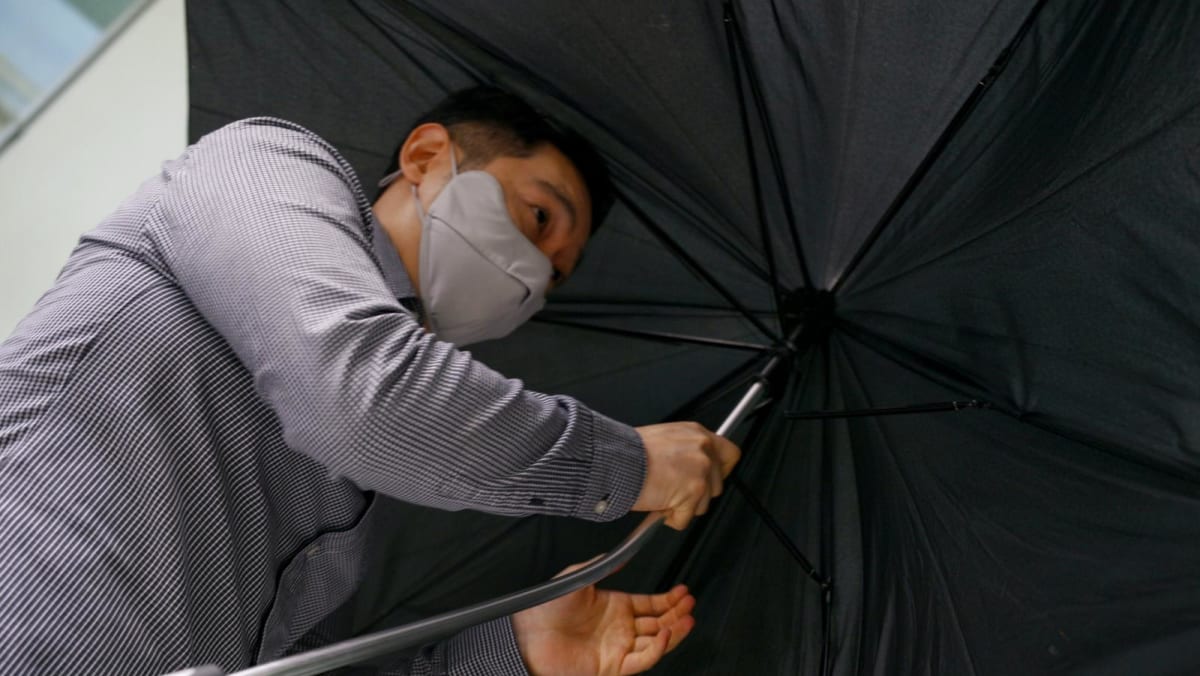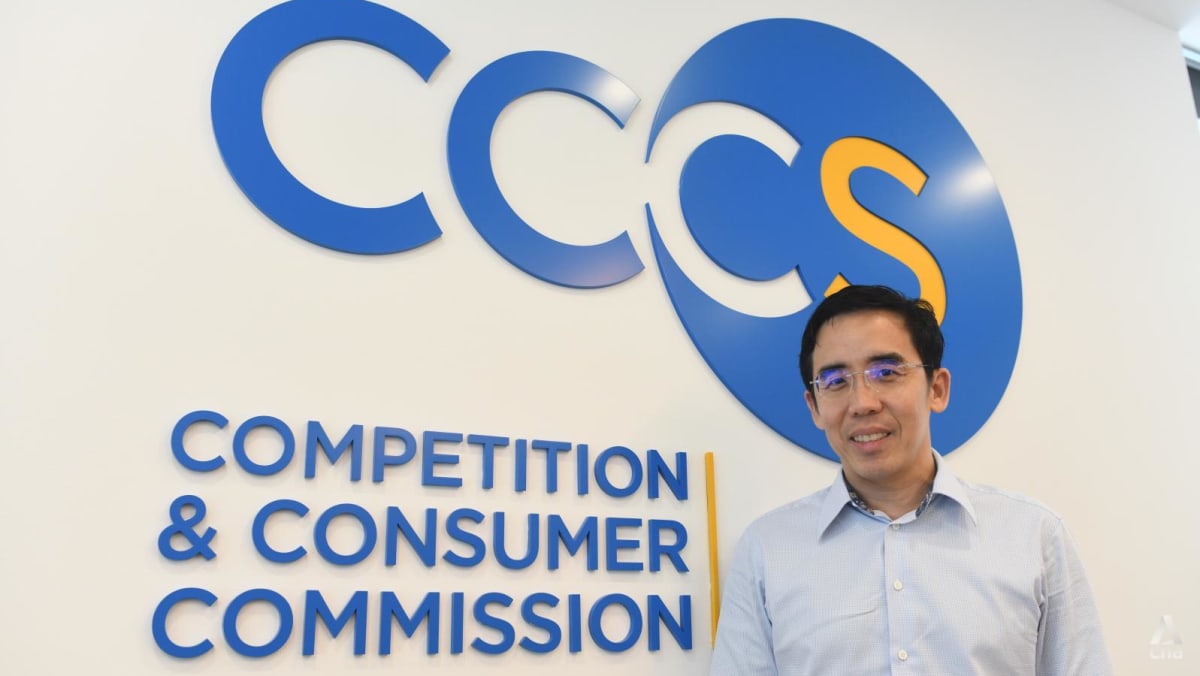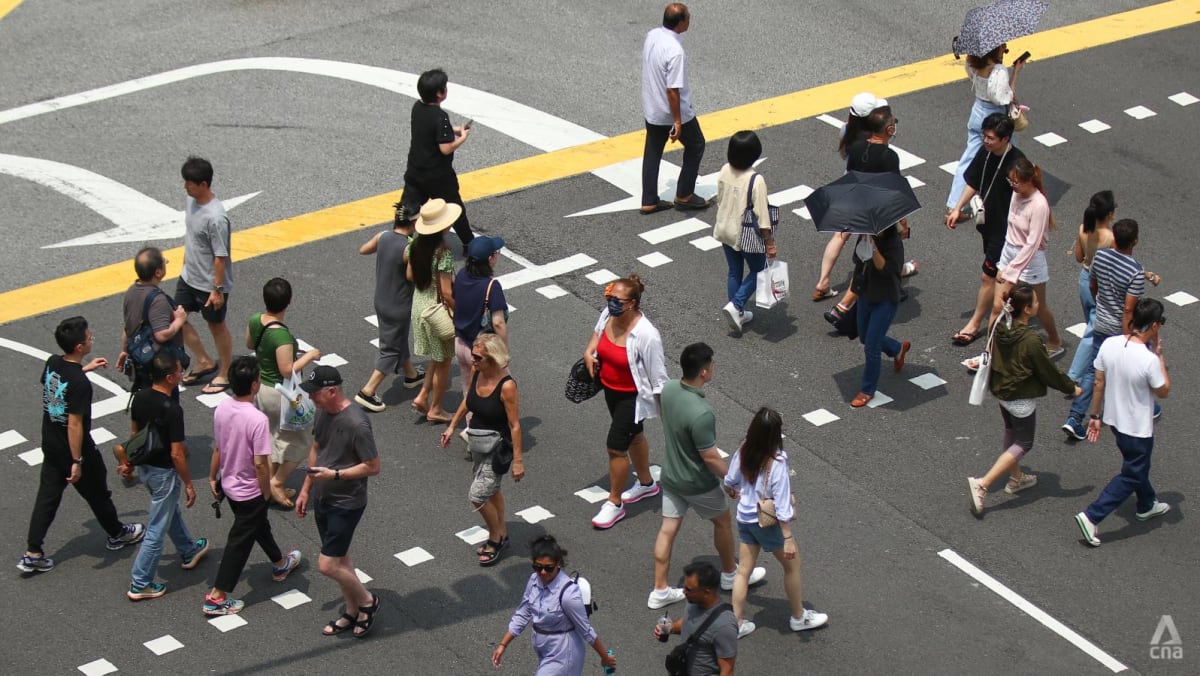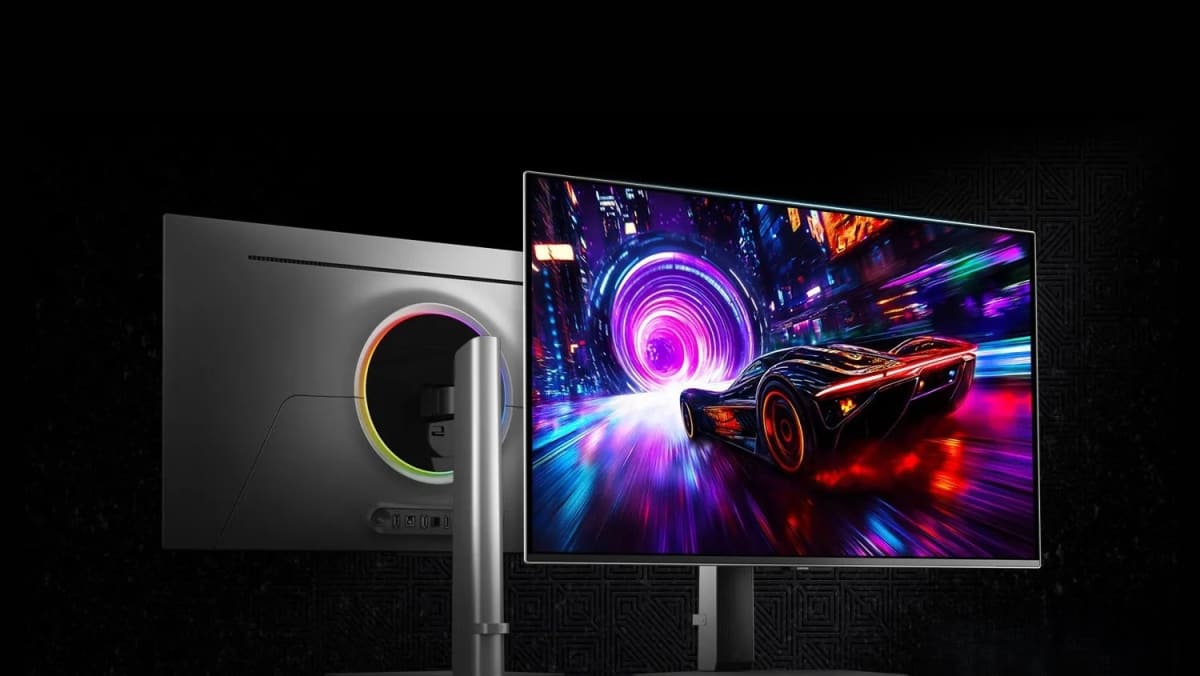Pain, itching or tingling – these early warning signs can appear days before any visible symptoms of shingles emerges. But did you know that this viral infection poses threats that go beyond the surface of the skin?
For older adults, shingles can lead to serious health complications, including a heightened risk of heart attacks and strokes.
“Some people assume that shingles is a natural part of ageing and that nothing can be done about it,” said Dr Lee Tau Hong, an infectious disease physician at Infectious Diseases Care, Mount Elizabeth Hospital. “This highlights the importance of raising awareness about its potential complications and ways to stay protected.”
A VIRUS THAT WAITS IN THE WINGS
Shingles is caused by the varicella zoster virus (VZV) – the same virus responsible for chickenpox.
“Most people contract chickenpox (or varicella) during childhood, but the virus doesn’t leave the body. Instead, it remains dormant in the nerves near the spine,” Dr Lee explained. “Years later, factors like ageing or a weakened immune system can reactivate the virus, leading to shingles.”
Although anyone can develop shingles, the risk increases significantly after the age of 50. “Older age is a predisposing condition,” he said. “However, shingles isn’t limited to those with chronic illnesses or weakened immunity.
THE CONNECTION TO HEART HEALTH
Research suggests a strong link between shingles and cardiovascular events, like heart attacks and strokes. For instance, a study published in 2017 in the Journal of the American College of Cardiology found that shingles was associated with a 59 per cent increase in heart attack risk and a 35 per cent increase* in stroke risk, with the likelihood being highest in the first year after onset.
“While the exact cause of this connection isn’t fully understood, inflammation triggered by shingles may obstruct blood flow in the heart or brain, raising the chances of heart attacks or strokes,” said Dr Lee, adding that those with pre-existing cardiovascular conditions are particularly vulnerable.”
‘BURNING PAIN’ AND OTHER EFFECTS
According to Dr Lee, when the virus that causes shingles reactivates, it affects sensory nerves, which are responsible for sensations like touch and pressure. This can lead to sudden, intense and disabling pain. “Many describe experiencing tingling or itching in the affected areas,” he shared.
Even after the rash heals, the effects of shingles can linger. Individuals experience post-herpetic neuralgia, a painful condition that can last for months, said Dr Lee. “This discomfort impacts daily life and productivity, and can lead to disrupted sleep, as well as feelings of anxiety or depression,” he added.
Other complications include bacterial skin infections, scarring and even vision problems if the virus affects nerves near the eyes.
HOW TO PROTECT YOURSELF
Preventing shingles starts with a healthy lifestyle. Dr Lee recommends a balanced diet, regular exercise, adequate sleep and stress management to reduce your risk.
He also urged individuals, particularly those aged 50 and above or with weakened immunity from chronic conditions, to consult their doctors about preventive measures.
“Recognising early symptoms like pain, itching or tingling on the skin – often appearing hours or days before the rash – can make a difference,” said Dr Lee. “If you suspect shingles, see a doctor promptly to manage symptoms and reduce complications.”
Shingles does not have to be an inevitable part of ageing. By staying informed, consulting healthcare professionals and taking proactive steps, you can protect yourself and your loved ones.
This health message is intended for audiences in Singapore only and is meant for disease awareness and educational purposes. It does not endorse, make reference to and/or recommend any product. Speak to your healthcare professional to learn more about treatment options and prevention methods. Information in this article is valid as of May 13, 2025.
All images used in this material are for illustration purposes only. Views expressed by the expert are solely his own and based on his clinical knowledge.
For reporting of adverse events, write to sg.drugsafety [at] gsk.com.
© 2025 GSK group of companies or its licensor. NP-SG-HZU-WCNT-240015 05/25
*59% (n=46,426, myocardial infarction HR 1.59 (95% CI:1.27-2.01), p value <0.001); 35% (n=46,426, stroke HR 1.35 (95% CI: 1.18-1.54), p value <0.001)

















































.png?itok=erLSagvf)
